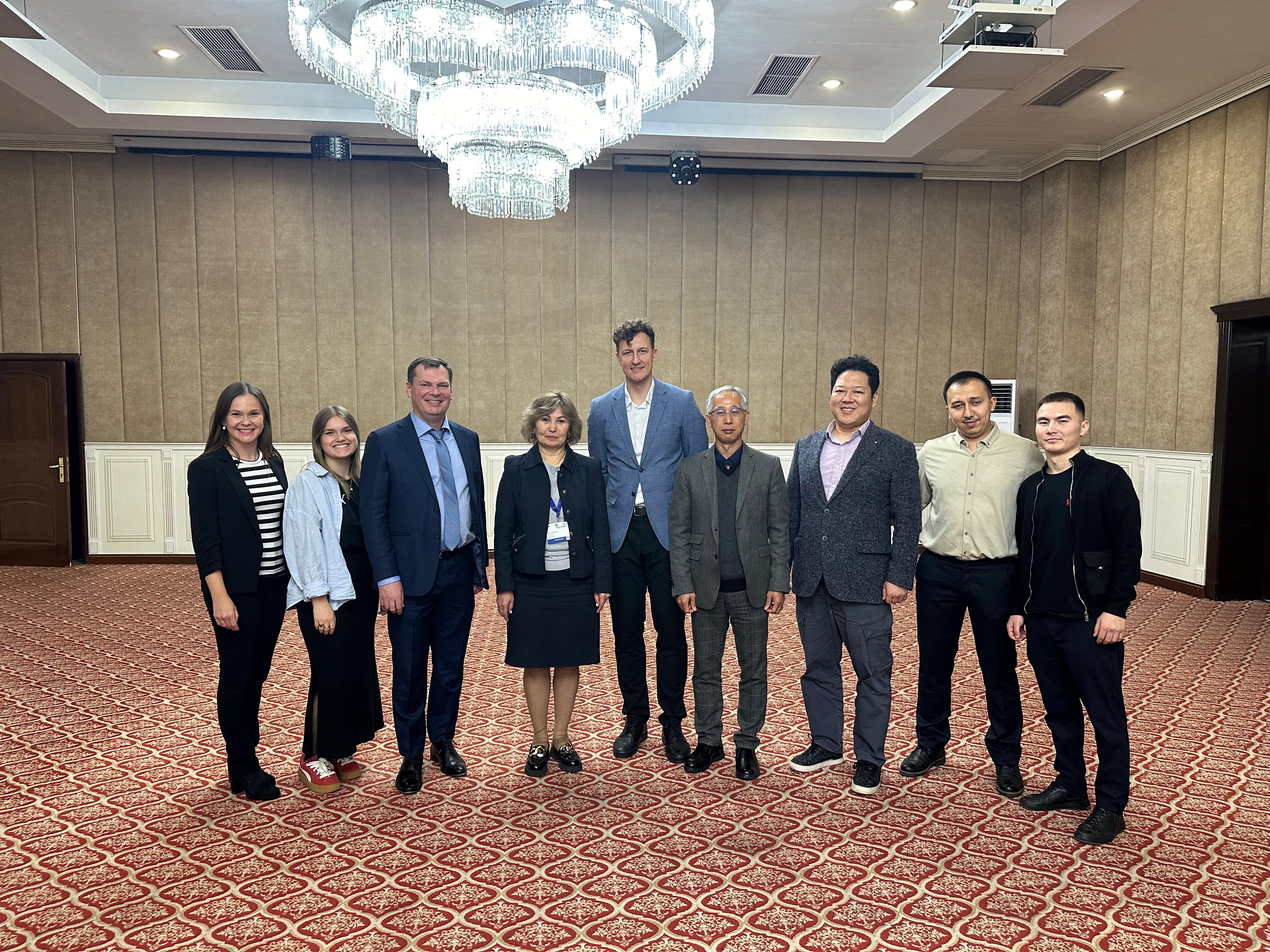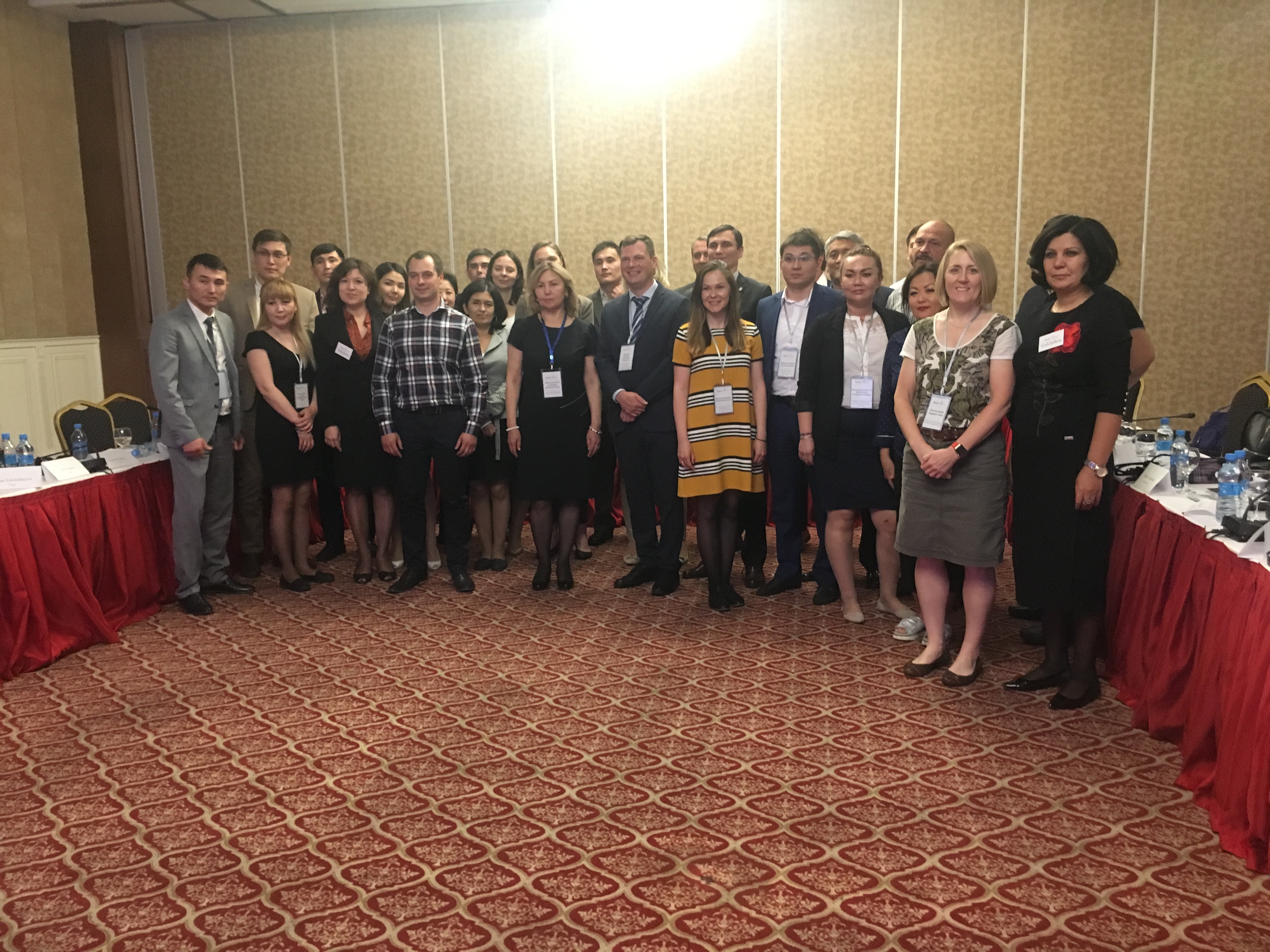
И
The issue of exhaustion of rights: the essence and legal aspects
Exhaustion of rights is a legal concept of key importance in the regulation of intellectual property. It is related to the fact that the copyright holder loses the ability to control the further use of the work, product or service after they are put into civil circulation with his consent. This principle plays an important role in balancing the interests of copyright holders, consumers, and market participants.
The principle of exhaustion of rights is as follows: as soon as an intellectual property object (for example, a trademark, a patented product, or a copy of a work) has been sold or transferred for the first time with the permission of the copyright holder, he loses the ability to control the future fate of this particular copy. At the same time, the very fact of transferring an object into circulation is an act of "exhaustion" of the exclusive rights of the copyright holder to this copy. In practice, there are three main models of exhaustion of rights:
- National exhaustion: rights are exhausted only on the territory of a particular State. For example, a product sold in one country may be prohibited from being imported and sold in another country without the permission of the copyright holder.
- Regional exhaustion: Rights are exhausted within a specific economic region, such as the European Union. This allows the free movement of goods within the region, but prohibits their import from countries outside the region.
- International exhaustion: rights are exhausted at the global level. After the first legal introduction of the product into circulation in any country of the world, the copyright holder loses the opportunity to prohibit its further distribution.
The principle of exhaustion of rights is of great economic and social importance:
- It stimulates competition. The ban on restricting the re-sale of goods after their first introduction into circulation helps to reduce prices and expand the range for consumers.
- Protects the rights of consumers. Buyers can freely dispose of the purchased goods without fear of claims from the copyright holder.
- Provides a balance of interests. On the one hand, copyright holders are rewarded for their work upon the first sale of the product. On the other hand, they cannot abuse their rights to the detriment of the market and consumers.
The principle of exhaustion of rights is not always applied unconditionally. For example:
- In some jurisdictions, certain categories of goods, such as software, licensed products, or medicines, are excluded from this principle.
- Copyright holders may restrict the further use of goods through licensing agreements, although such restrictions must comply with antitrust laws.
The principle of exhaustion of rights is an important mechanism that affects the functioning of the global market and the intellectual property system. Its proper application allows us to protect the rights of copyright holders, ensure fair competition and meet the needs of consumers. The choice of a specific model for the exhaustion of rights remains a matter of national and international policy, which must take into account economic, social and legal aspects.
In the territory of the Republic of Kazakhstan, the institution of exhaustion of rights is regulated by a number of regulatory legal acts, including:
- The Civil Code of the Republic of Kazakhstan (Special part) contains provisions on the rights to the results of intellectual activity.
- The Law "On Trademarks, Service Marks and Names of places of origin of Goods".
- The Law "On the Patent System".
- The Customs Code of the EAEU (Eurasian Economic Union) and the Customs Code of the Republic of Kazakhstan relate to the import of goods containing intellectual property objects.
Kazakhstan adheres to the national rights exhaustion regime. This means that the copyright holder retains control over the import of products, even if they were legally purchased abroad.
Article 43-1. Exhaustion of the exclusive trademark right
The use of this trademark in relation to goods that have been lawfully put into circulation on the territory of any of the member States of the Eurasian Economic Union directly by the trademark owner (rightholder) or other persons with his consent does not constitute a violation of the exclusive right to a trademark.
In practice, Kazakh courts, as a rule, side with copyright holders, protecting their interests from parallel imports — the import of original products without the consent of the owner of the rights, but without violating the rights to the goods themselves.
For example, in a number of cases involving the illegal use of trademarks, courts have ruled it illegal to import goods, even if they were original and legally purchased abroad. This is especially true in the case of products subject to exclusive distribution agreements.
Problematic issues and prospects
- Parallel import is one of the most discussed topics. The support of manufacturers and official distributors on the one hand and the desire to reduce prices and increase competition on the other create a field for disputes.
- Harmonization with the EAEU — the issue of adapting the national regime to regional norms is still open.
- Digitalization of trade — the growth of online sales and cross-border e-commerce poses new challenges to law enforcement.




